20 Ways Children Learn That Parents Often Miss
Although parents are usually aware of the significant turning points in their child's education, many little daily learning opportunities must be included. Though parents cannot see them occurring, these events profoundly affect children's cognitive, emotional, and social development.
- Tricia Quitales
- 6 min read

As parents, we pay close attention to the apparent ways children learn—through play, education, or planned activities. Children do, however, absorb knowledge and grow to understand the environment they live in in many subtle and less obvious ways. Their learning happens in many silent, undetected moments, from watching social dynamics to copying habits. This list investigates twenty ways children could miss their parents, clarifying the more complex ways their minds operate.
1. Seeing Adult Behavior
 Ron Lach on Pexels
Ron Lach on Pexels
Young children are great observers and pickers of detail about adult behavior. Seeing their parents negotiate social events with friends, colleagues, or strangers helps them to develop their skills. Children frequently gain much knowledge from these exchanges, even if parents might believe their children are not paying attention.
2. Viewing Media Content Critically
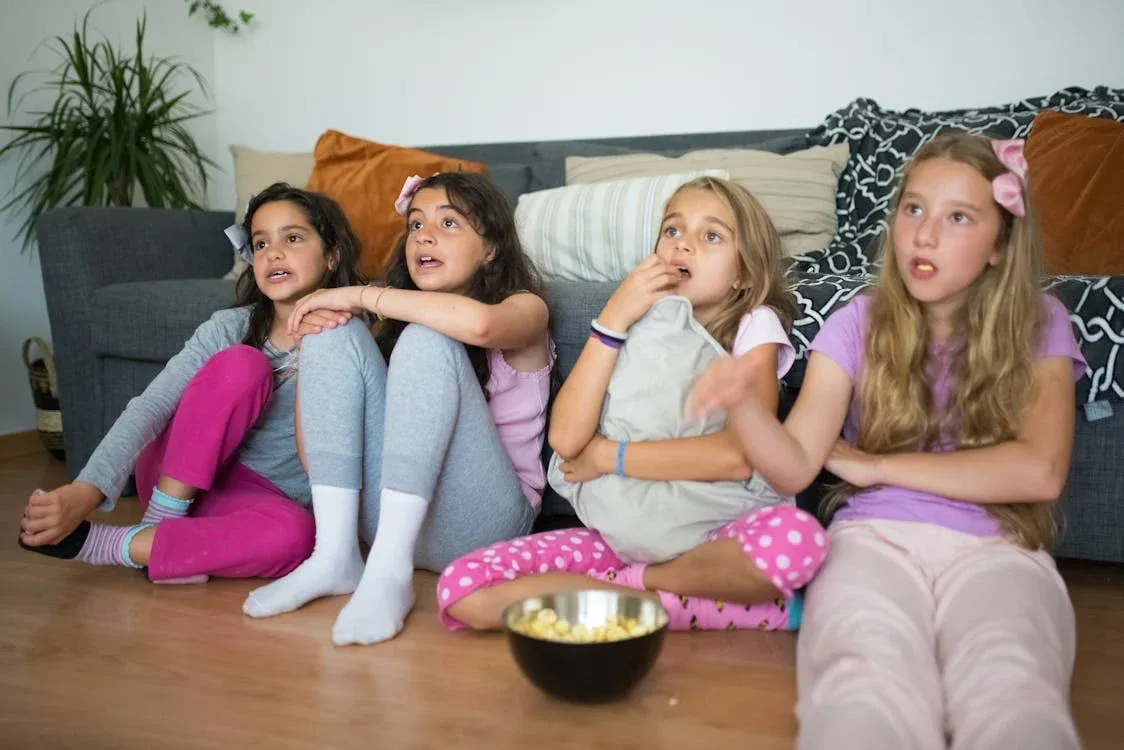 Kampus Production on Pexels
Kampus Production on Pexels
Children who use digital devices or view television are not just consumers. Often evaluating what is acceptable and unacceptable, they copy the conduct or ideas they encounter. Parents might not know how much, both overtly and subtly, their children are absorbing from the messages buried in television material.
3. Emulating Peers
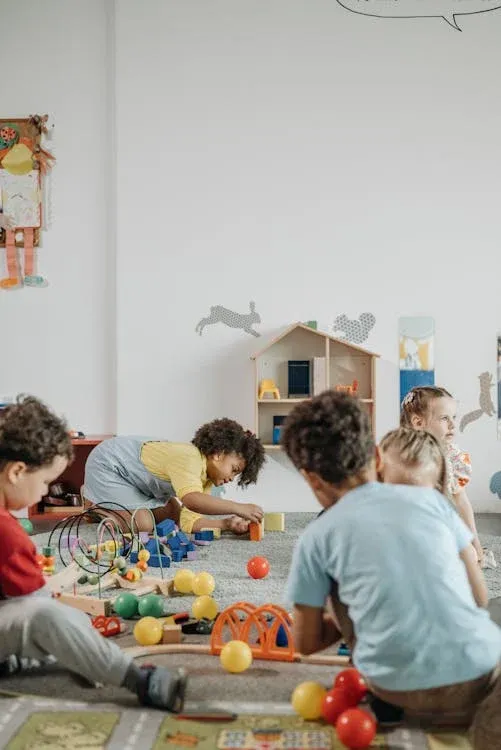 Pavel Danilyuk on Pexels
Pavel Danilyuk on Pexels
Early on, peer impact shapes a child’s conduct; they often pick up skills by watching their peers or classmates. Though they may believe their child is simply playing, parents are picking up group dynamics, body language, and tone of voice. Children significantly acquire social skills and negotiate their interactions with others by this means.
4. Routine and Repetition
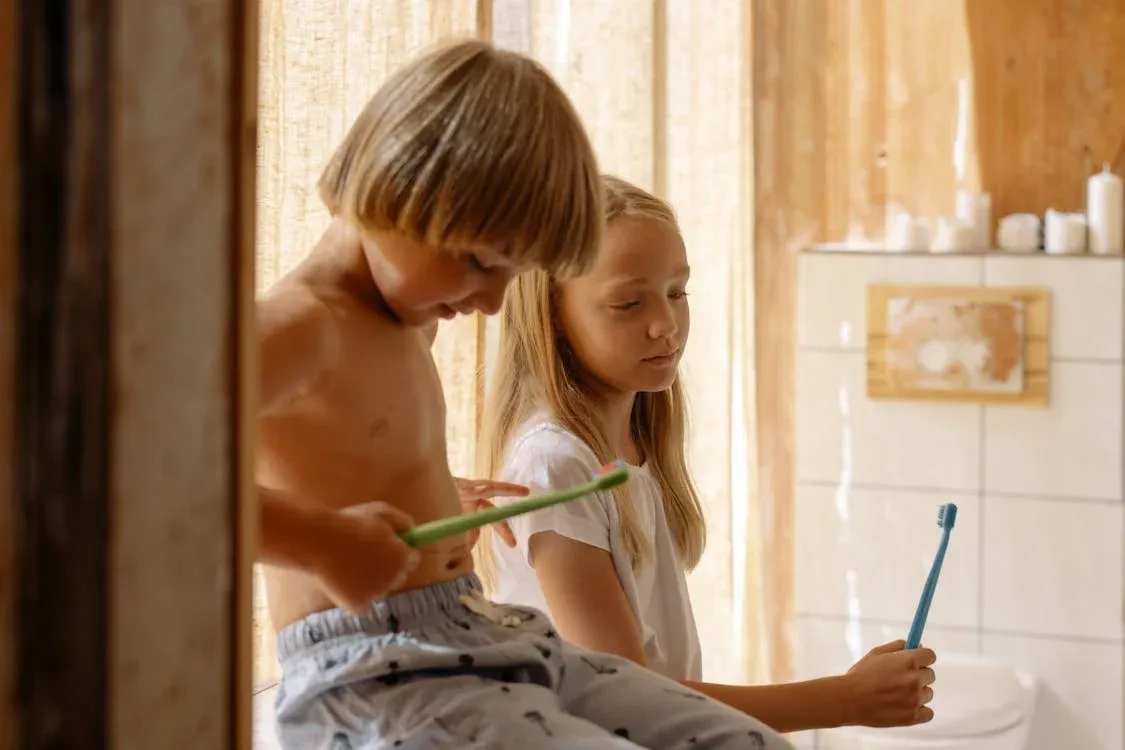 cottonbro studio on Pexels
cottonbro studio on Pexels
Even if parents are unaware of it, repetition is a great learning aid for children. Youngsters reinforce their knowledge of ideas like cause and effect by repeating behaviors, words, or patterns they have encountered. Parents might need to realize how vital daily activities like brushing their teeth or tying shoes are for learning.
5. Unstructured Time In the Playground
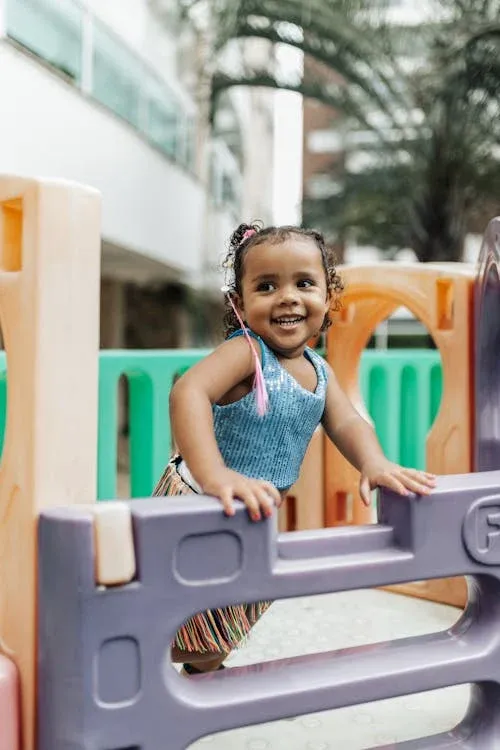 Matheus Bertelli on Pexels
Matheus Bertelli on Pexels
Children learn just as much from unstructured play, even though planned events like school or extracurriculars are instructive. Children explore problem-solving, creativity, and emotional control, whether building with blocks, creating imagined worlds, or just running about outside. Parents often overlook the extent of cognitive and emotional development occurring in these free moments.
6. Using Body Language
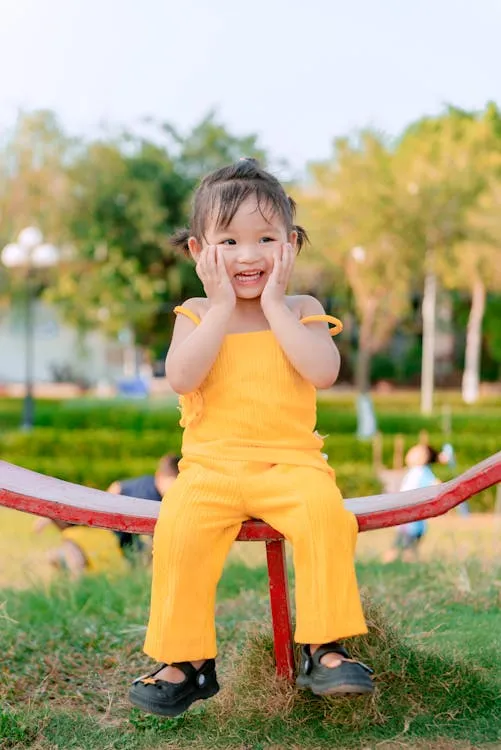 MINH VO on Pexels
MINH VO on Pexels
Young children pick up body language and nonverbal signals in addition to speech. They see and copy facial expressions, gestures, and posture to grasp emotional settings and social expectations. Parents may undervalue how much of this quiet communication forms their child’s world perspective.
7. Little Kind Acts
 Ron Lach on Pexels
Ron Lach on Pexels
Children develop empathy and kindness through small deeds they see in others—especially from parents. They absorb these actions and then copy them, whether they are opening a door for someone or providing a consoling remark. Parents often overlook how much their small acts of kindness shape their child’s moral growth.
8. Play with Restraints
 Ron Lach on Pexels
Ron Lach on Pexels
Young children naturally experiment, pushing the boundaries of what is and isn’t acceptable. They might challenge their bounds using authoritative figures, rules, or even their own bodies to test what occurs. Though learning about consequences and self-regulation is crucial, parents may view this as rebellion.
9. Environmental Discovery
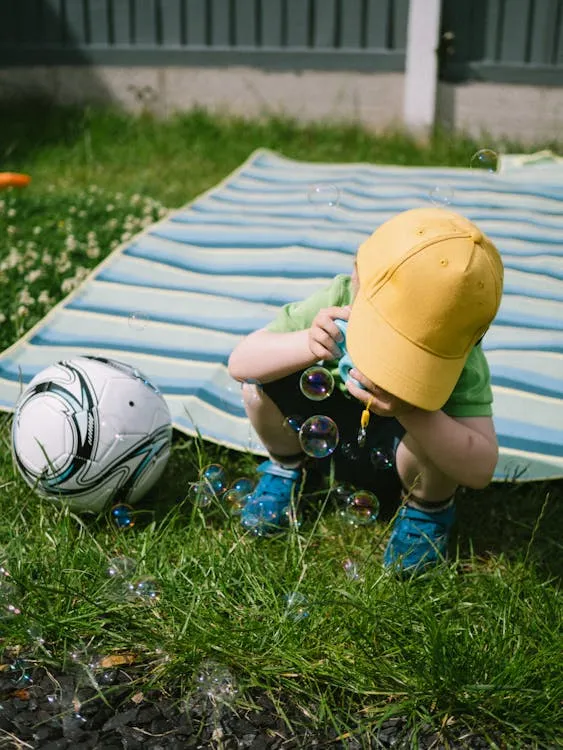 Lisa Fotios on Pexels
Lisa Fotios on Pexels
When children spend time outside, even in small ways, they have many learning opportunities. They see the natural world, find cause and effect, and start to grasp ideas, including ecosystems and life cycles. Parents might need to see how much their children pick up from outside and engage with their surroundings.
10. imaginative problem-solving
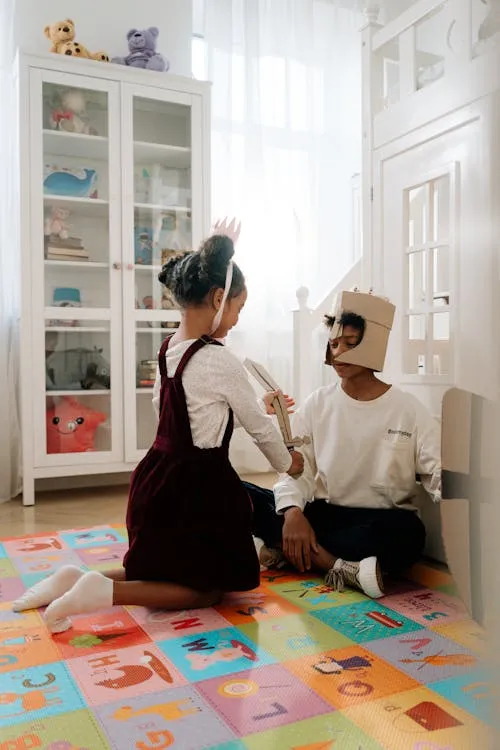 cottonbro studio on Pexels
cottonbro studio on Pexels
Children who are challenged typically come up with creative solutions—from finding out how to reach a high shelf to negotiating a playdate. These moments of creative problem-solving assist kids in growing their critical thinking abilities. Parents could overlook these little triumphs, which prove their child’s developing cognitive skills.
11. Copying Emotional Reactions of Adults
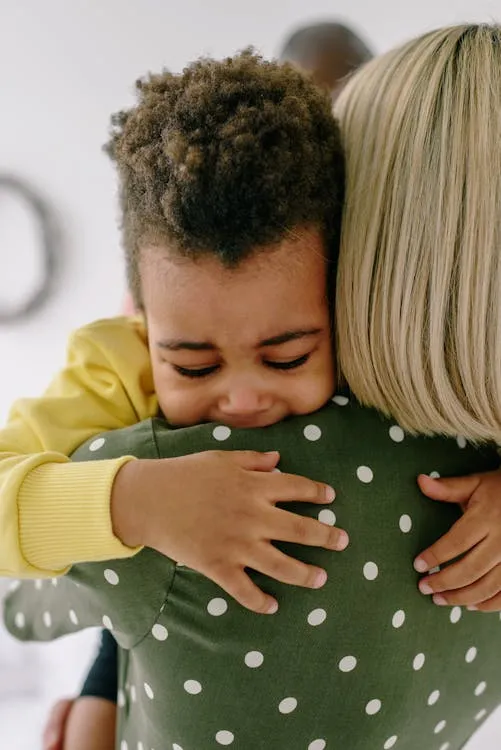 Ksenia Chernaya on Pexels
Ksenia Chernaya on Pexels
Children pick good behavior from seeing adults and emotional responses in many contexts. They learn from how parents respond to stress, happiness, irritation, and melancholy. Parents might need to understand how much their child learns about emotional intelligence from observing their emotional regulation.
12. Through Mistakes Made
 Collin Guernsey on Pexels
Collin Guernsey on Pexels
Though it might be awkward for parents and children, making blunders is among the most crucial strategies they learn. When children try something and fail and then try again, they learn critical thinking, problem-solving, and resilience. Although parents may concentrate on the error itself, the true lesson is in the endeavor to improve and recover.
13. Through Sensory Discovery
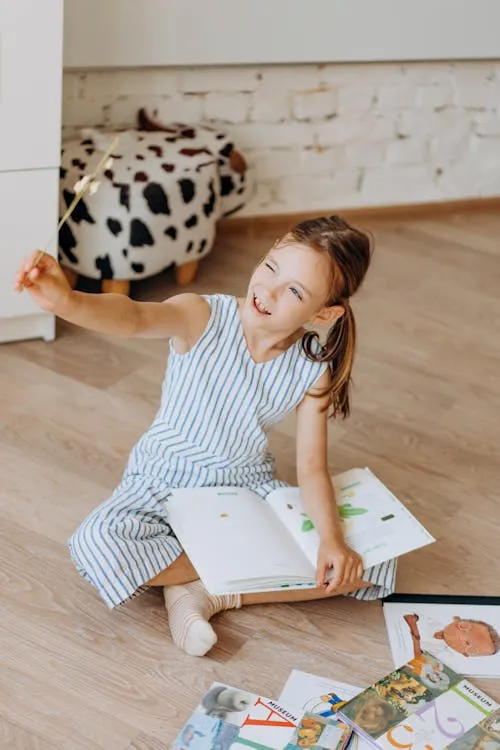 Mikhail Nilov on Pexels
Mikhail Nilov on Pexels
Through their senses—touching, smelling, tasting, hearing, and seeing—children typically pick knowledge from their surroundings. Through this sensory inquiry, they create fundamental cognitive links necessary for learning. Parents might not understand that each new texture or sound their child encounters is a vital component of their development.
14. Navigating Conflicts
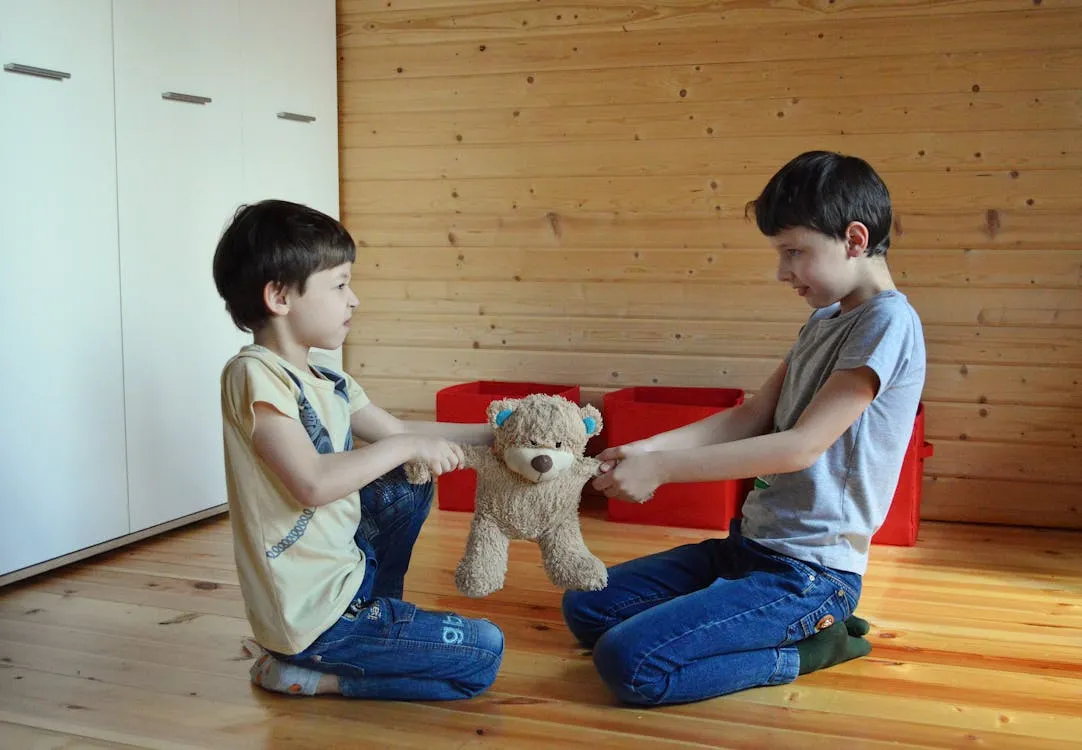 Vika Glitter on Pexels
Vika Glitter on Pexels
Whether they involve friends or siblings, conflicts give kids lots of chances to grow in problem-solving and negotiating. They also learn self-expression, anger management, and compromise-seeking techniques. Parents may step in too soon without understanding that their children pick insightful skills from handling conflict independently.
15. Rhythm and Music
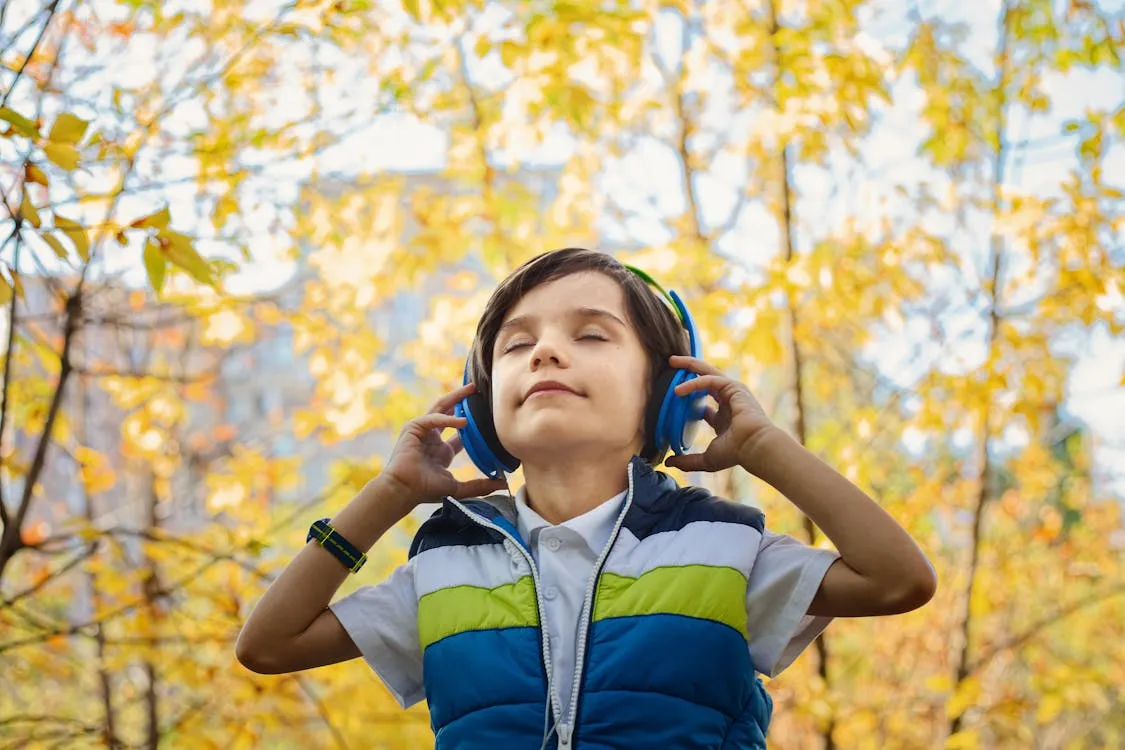 jonas mohamadi on Pexels
jonas mohamadi on Pexels
Children’s cognitive development is greatly enhanced by their musical experience—that of listening to songs or playing instruments. Music enhances memory, verbal ability, and even emotional comprehension. Parents might undervalue the knowledge their children acquire from their interaction with tune and rhythm.
16. Employing Imagination
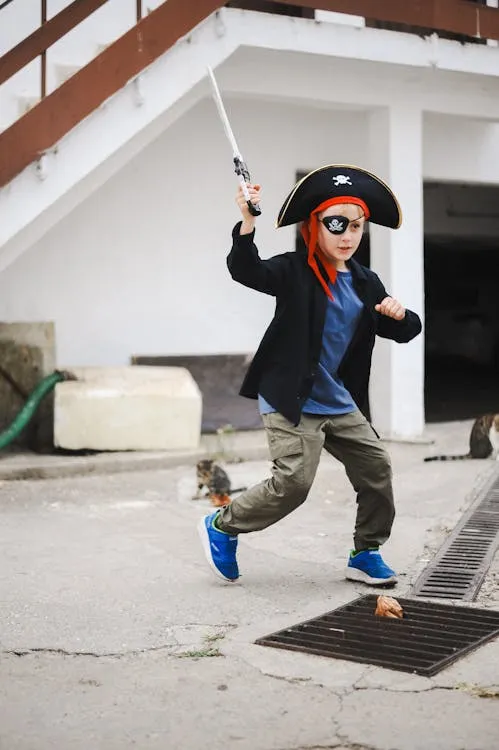 Daka on Pexels
Daka on Pexels
Though it’s a vital component of cognitive development, imaginative play is sometimes discounted as “just pretend.” By assuming to be someone else or building new worlds, children investigate abstract thinking, social roles, and future possibilities. Parents sometimes overlook the educational potential in the intricate situations that children make during imaginary play.
17. From Social Observational Silence
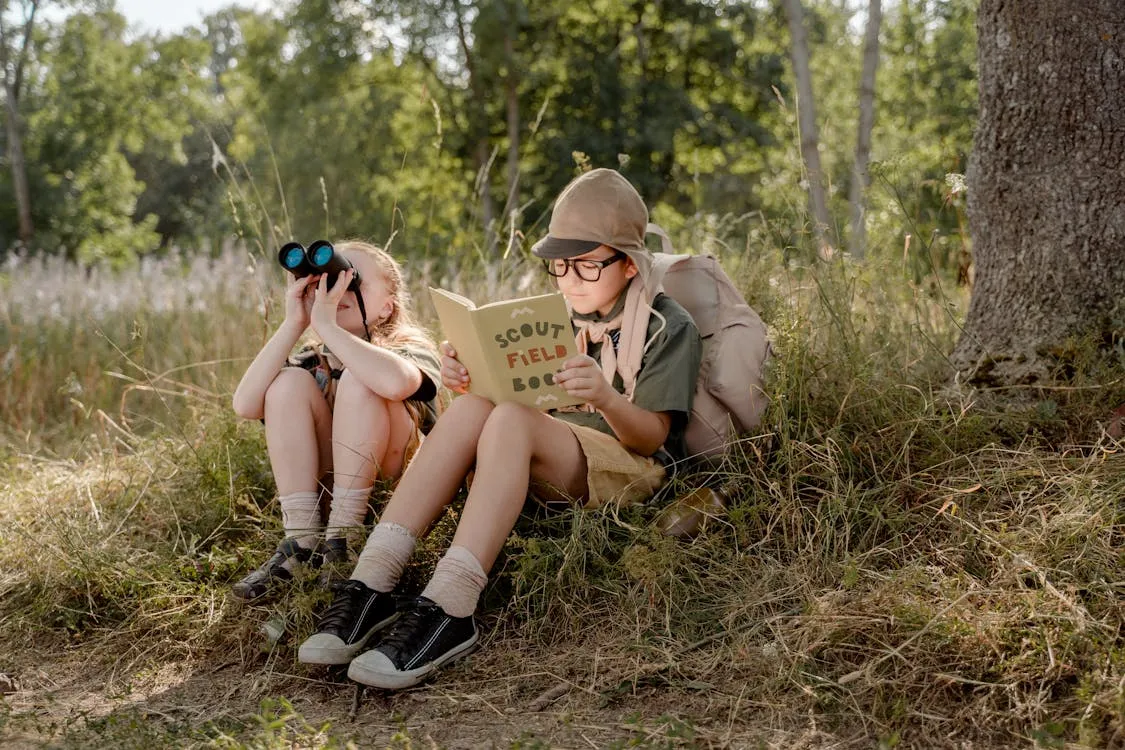 cottonbro studio on Pexels
cottonbro studio on Pexels
Children often absorb social dynamics via silent observation, even if they might not always be actively involved in social situations. Just by seeing others interact, they pick up turn-taking, group dynamics, and social cue reading. Parents may not be aware of the extent to which their child is learning during these “passive” times.
18. Through Daily Task Trial and Error
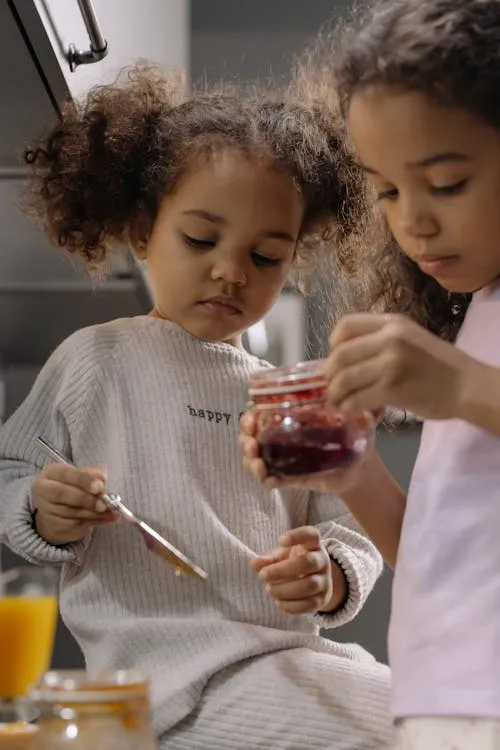 cottonbro studio on Pexels
cottonbro studio on Pexels
Children continually experiment with daily chores. Learning how to open a jar or create a sandwich is just one example. These seemingly little chores teach endurance, spatial awareness, and self-sufficiency. Parents sometimes overlook the critical thinking abilities their little everyday chores help youngsters acquire.
19. Through Recognizing Effects
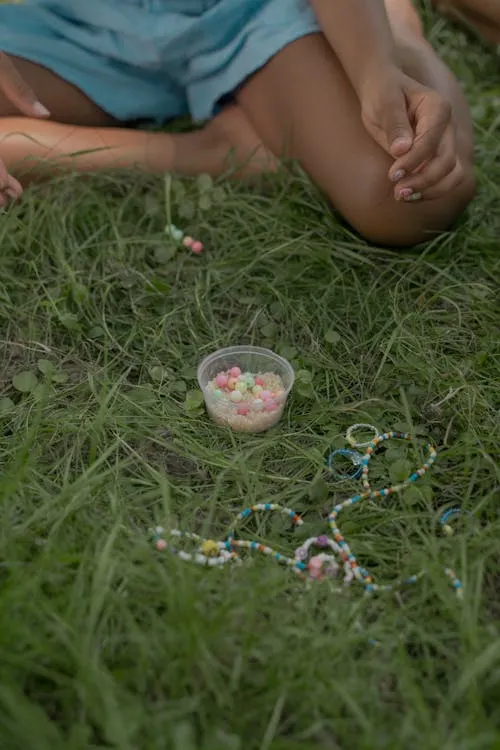 Ron Lach on Pexels
Ron Lach on Pexels
Youngsters are constantly learning about cause and effect—from little missteps to rewards for good behavior. Even if it’s something as basic as running afoul of the rules and getting in trouble, they start to understand that actions have results. Parents could emphasize the result but overlook how much their child is absorbing responsibility and accountability.
20. Their Own Emotions and Responses
 Monstera Production on Pexels
Monstera Production on Pexels
Children pick up a lot from their own emotional reactions to events—whether they be excitement from a favorite hobby or annoyance from a challenging task. Over time, they start to name and identify their emotions, enabling their control of them. Although parents might not see the value of emotional self-awareness in their children, it is a vital component of their growth.
- Tags:
- Parents
- children
- Learning
- Opportunities